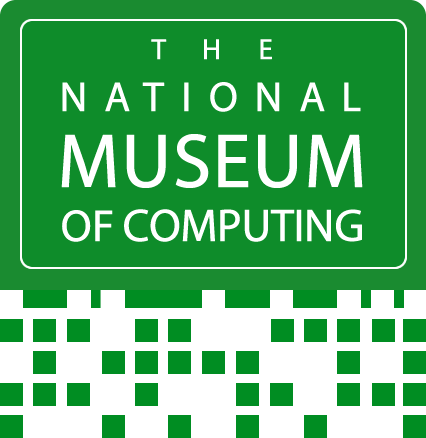A Virtual Talk by the Scrapbook Restoration Team
Scrapbook is an iconic system that forms part of the growth and development of what is today known as the World Wide Web. Several years before Tim Berners-Lee's invention, Scrapbook was in use by the National Physical Laboratory. This innovative system pioneered the concept of Hyperlinks on a text-based system running on dumb terminals.
This talk will go through some of the challenges experienced by the team and a project update on where we are today, as well as the next steps in being able to finally read and copy the original Scrapbook disks - believed to be the only surviving set of disks in the world.
The scrapbook system owned by the Museum is based on a Digital Equipment Corporation (DEC) PDP 11/70 - the most powerful Unibus PDP11 computer ever produced by DEC. It consists of the PDP 11/70 CPU and two Massbus controllers which originally controlled 2 x 67Mb DEC RM03 disk drives running the IAS operating system; and a Massbus tape subsystem (sadly no longer in existence).
A team has been working on the restoration of the CPU and the disk drives over the past 3 years, with a view to running a compatible operating system (RSX-11) and ultimately mounting the original scrapbook disks and obtaining an image copy of each one. If this is successful, this will allow the reconstruction of the whole environment for public demonstration.
The Restoration team consists of:
Sean Allison – after leaving school, Sean started in the IT industry in 1983 as an apprentice with Leeds-based DEC OEM business Systime. Initially building Systime S-Series systems and VDUs, he eventually moved to DEC maintenance specialists Croft and specialised in the maintenance and repair of PDP 11/34, 11/44, 11/70, 11/23 and 11/73s in the field, with specific expertise in CDC 9762 and 9766 disk drives (and their DEC equivalents). Nowadays, Sean runs a Cyber Security business but still finds the time to collect and restore PDPs and VAXes.
Ray Allison - worked professionally on DEC PDP11 and VAX systems (at both Systime and ICM) from approximately 1986 to 1998. He joined Systime in 1983 as a Terminal Engineer but didn't really touch systems for the first 3 years. Ray’s specialisation was in Data Communications (all types, Sync/Async, LAN/WAN) which he practiced in a support role in the latter stages of his time at ICM. Ray then contracted for BT as a Cisco CCIE (#4274) on their Banking customers’ networks. In common with the rest of the team, he hadn’t touched a PDP11 from 1998 until 2017 when we started at TNMoC.
Malcolm Gill - also ex-Systime and an ex employee of ICM specialising in DEC processor equipment - PDP11, VAX, Alpha. Started fixing power supplies, then 11/34, 11/44, 11/78x - all to component level. He also worked on CDC (Control Data Corporation) storage devices and various tape storage devices - DEC, SE Labs, CDC/DEC, DEC/IBM. All skills that have been invaluable in tracing faults and performing component level repairs on the Scrapbook system.
Richard McDonald - employed as a workshop bench engineer at Systime from 1982 to 1986 initially repairing VDU logics, Systime S-Series computers and then specialising in the component level repair of PDP11 Unibus based systems (11/04, 11/34, 11/44, 11/70). Additional areas of interest included the repair of 1/2inch Tape Drive backup systems and large band printers. He joined ICM in 1986 where he provided Technical Support and training to the field service engineers on PDP Unibus and Qbus systems, Tape Drives and Printers. Richard had also not touched an 11/70 since 1990 until his first visit to TNMoC in May 2020.




